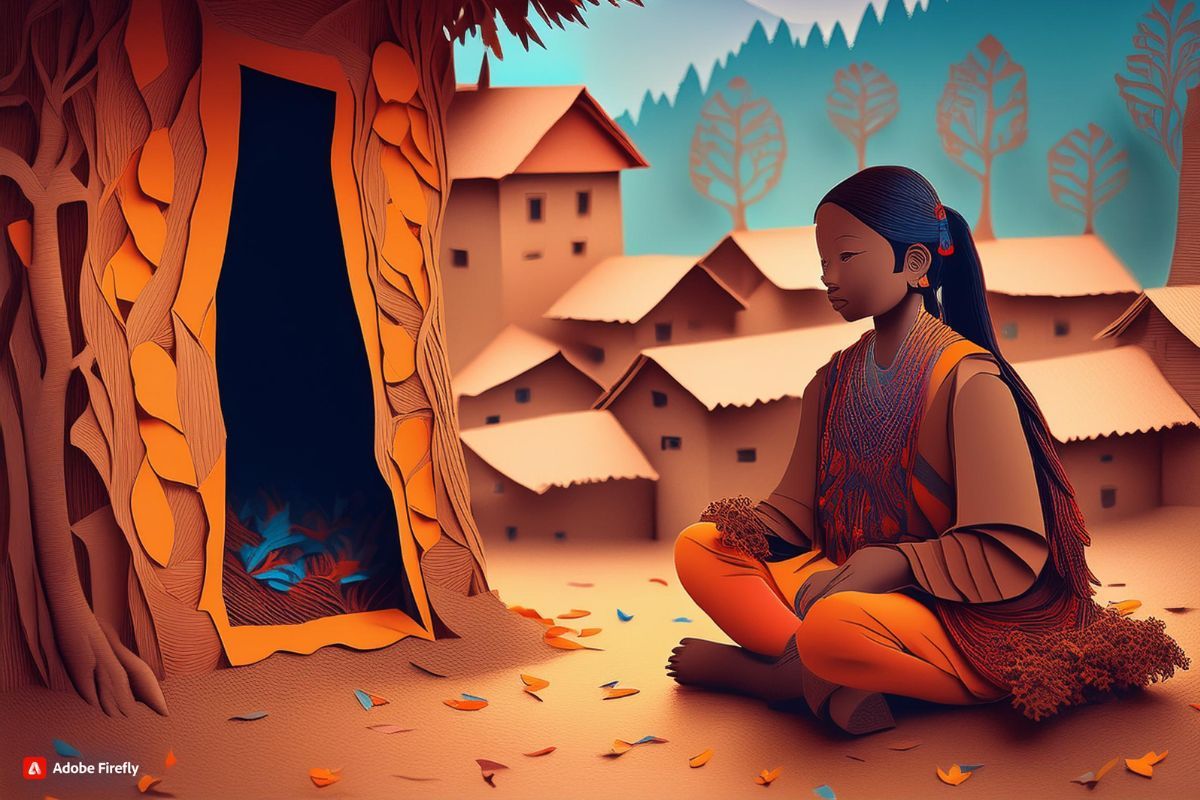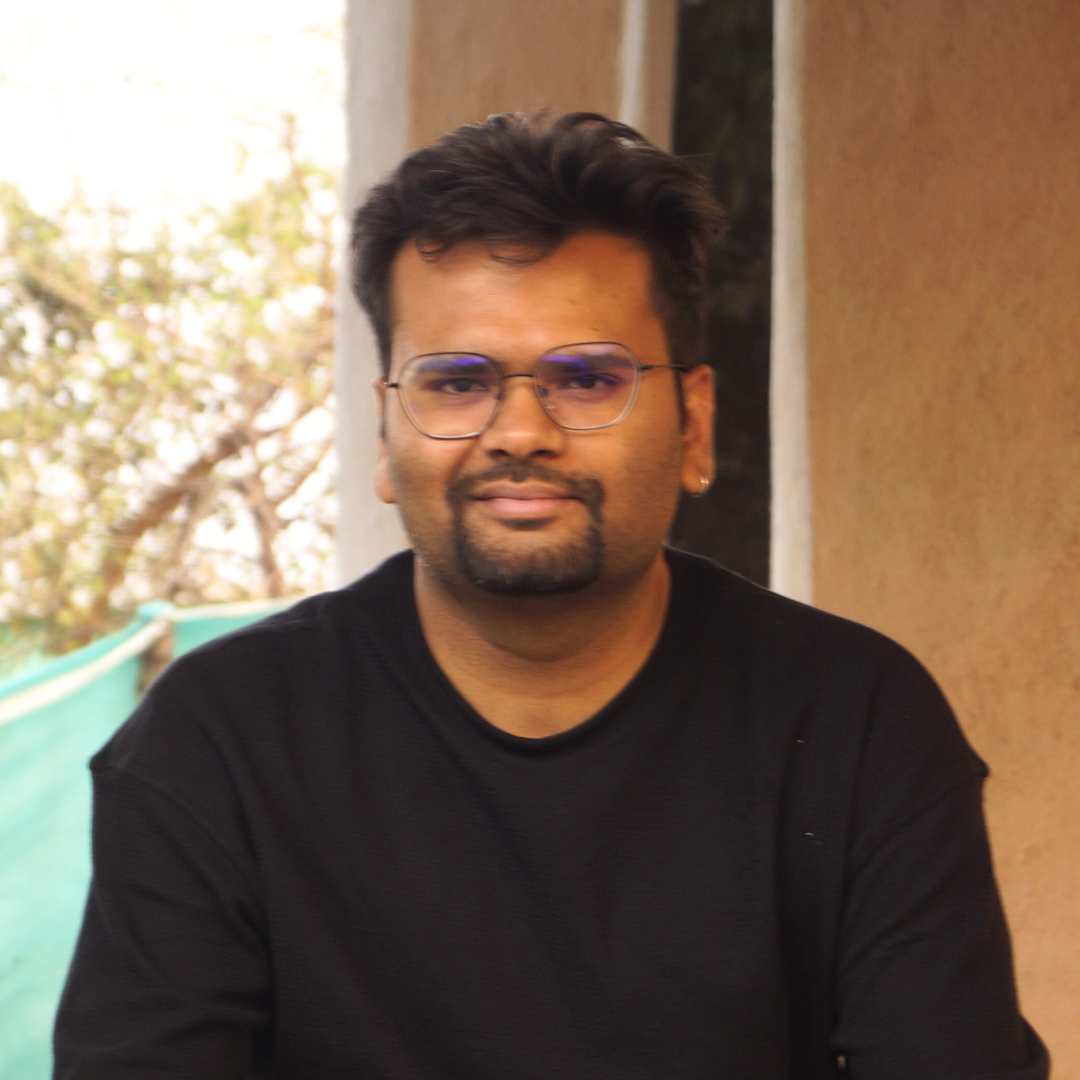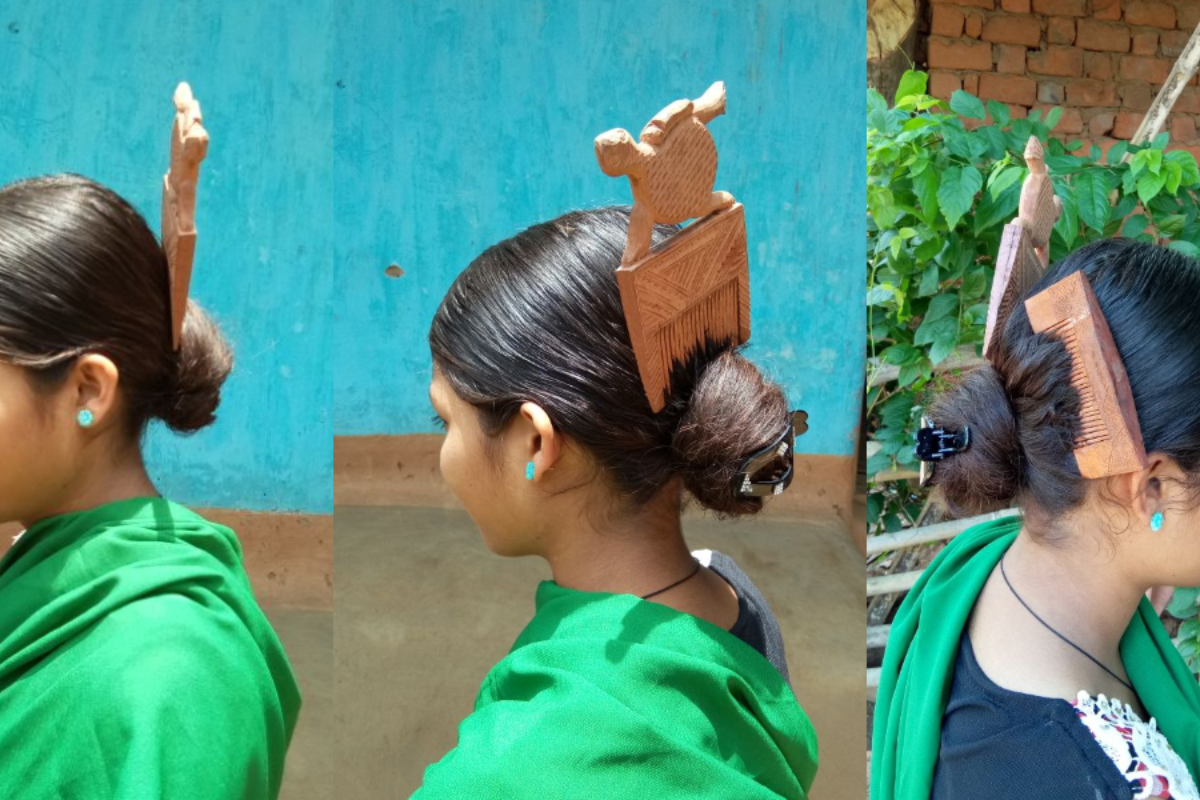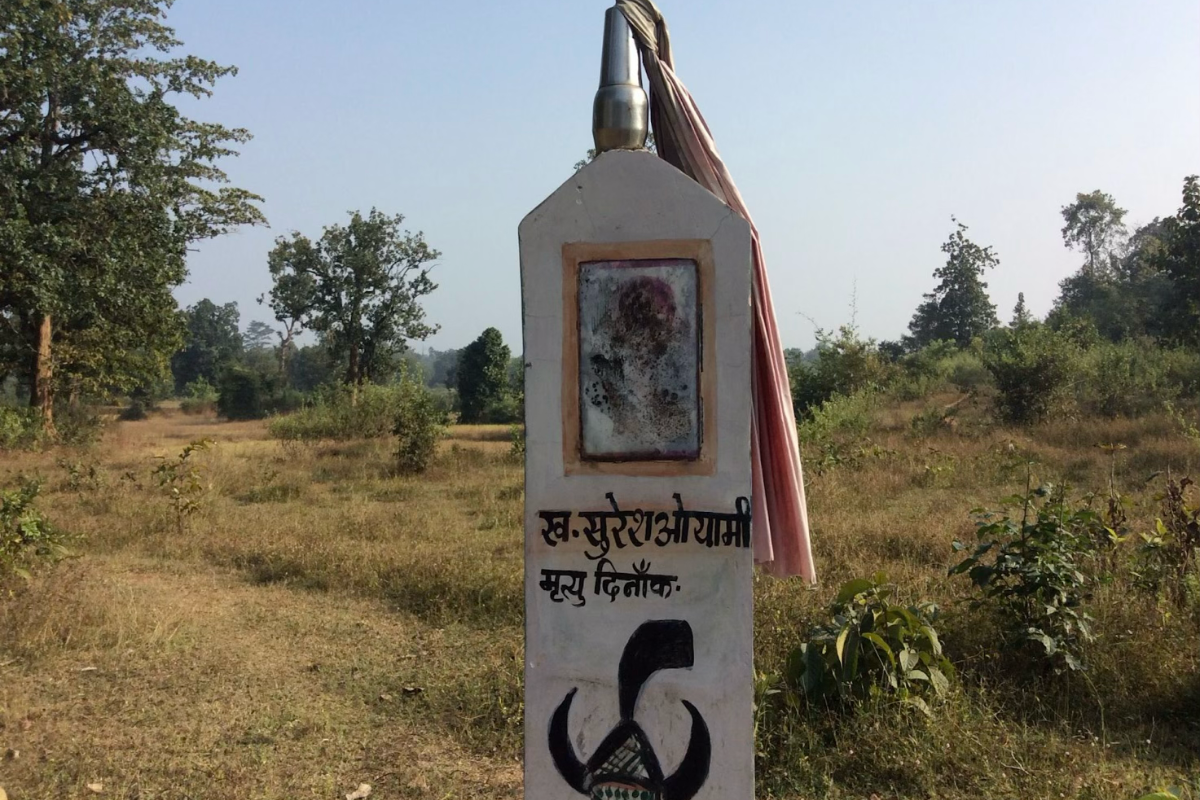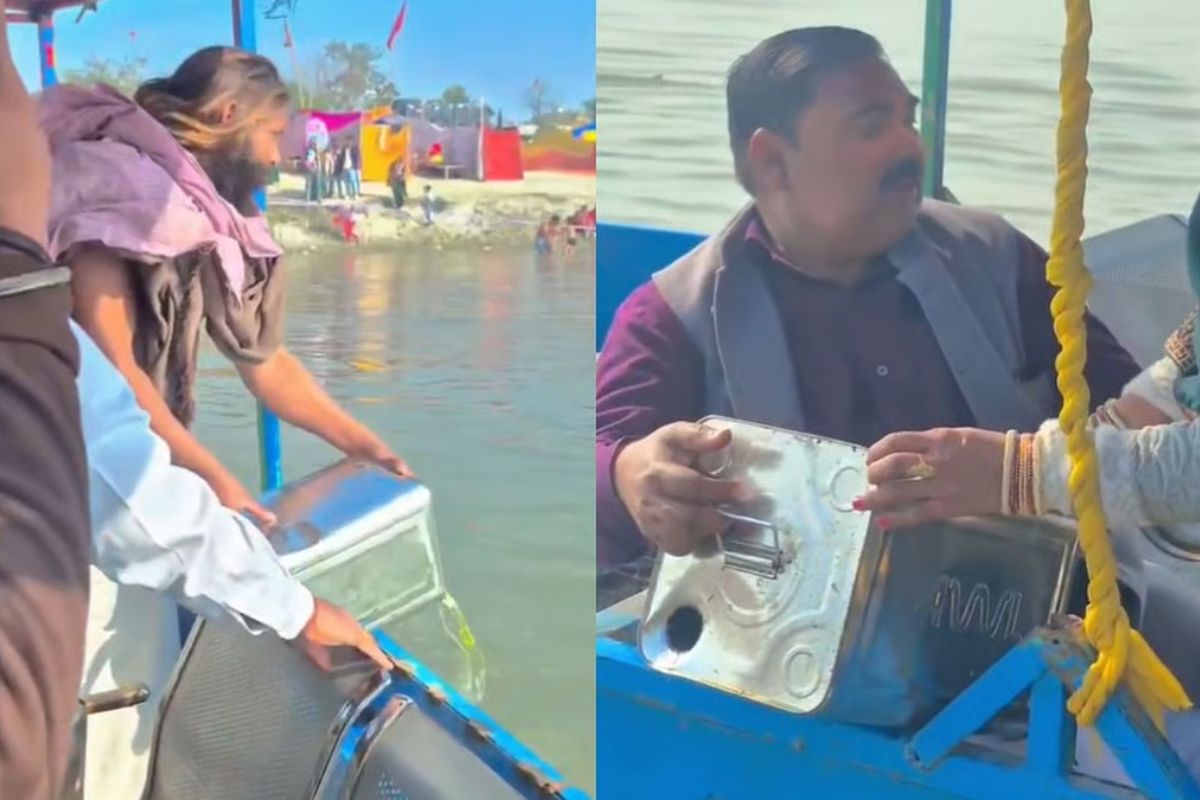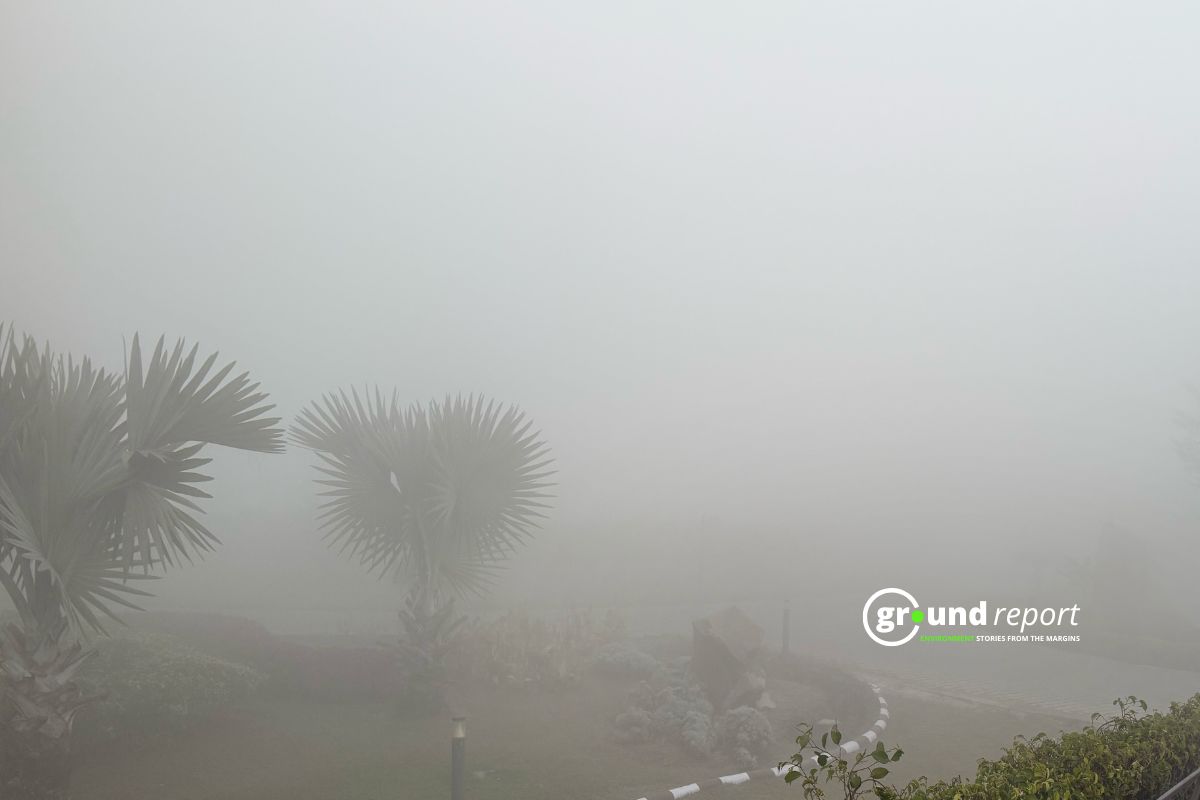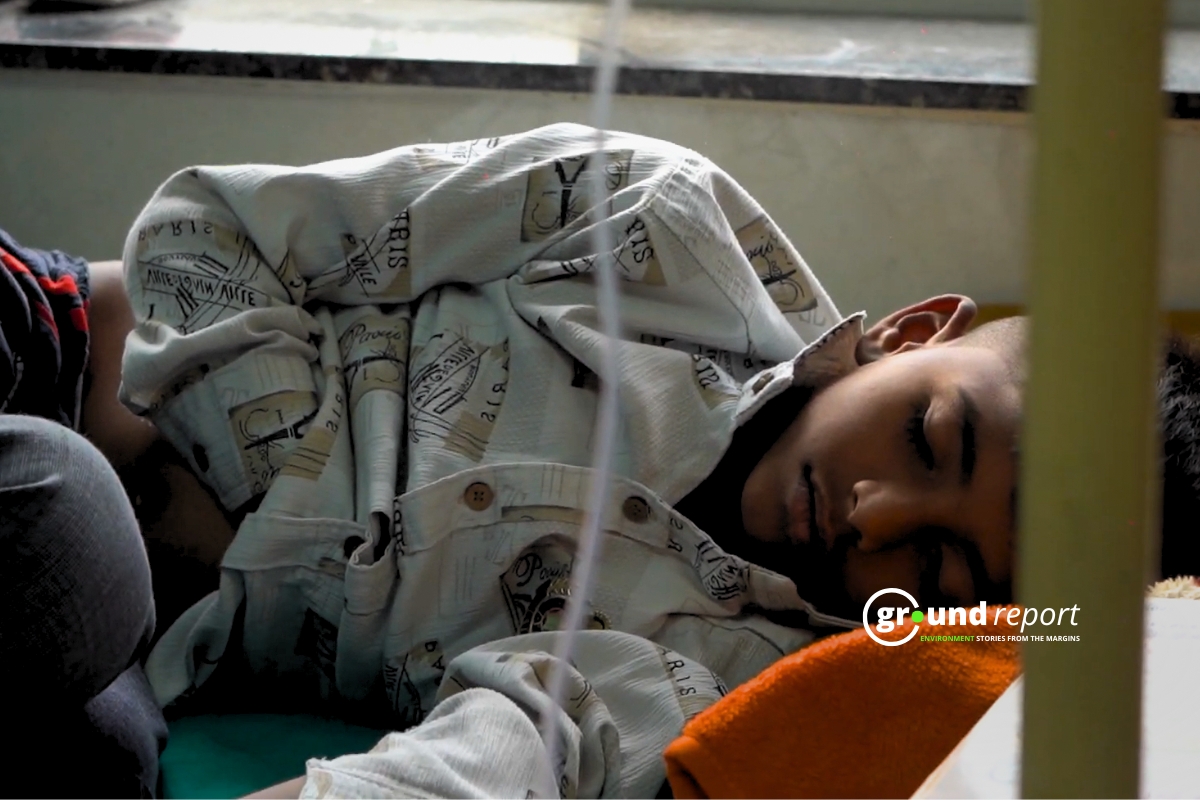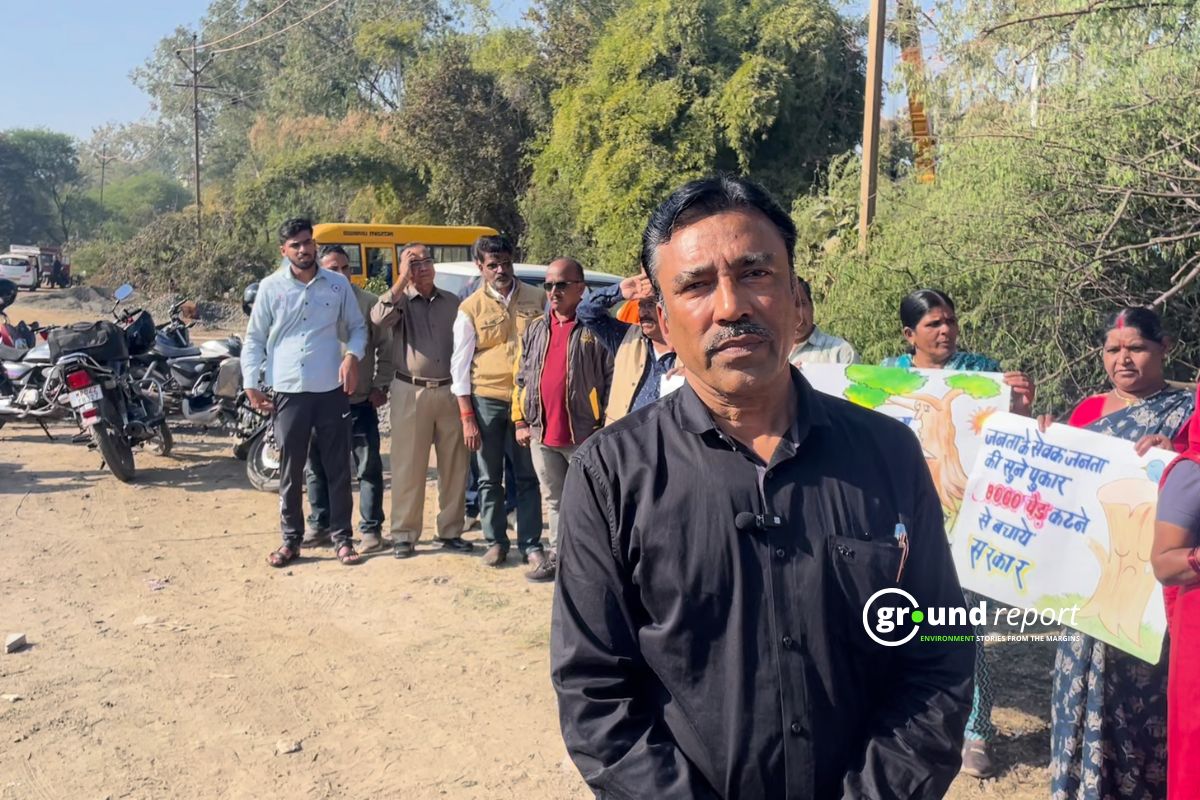Menstruation is defined as a periodic, normal, healthy shedding of blood and tissues from the uterus that exit the body through the vagina. It marks the beginning of womanhood, a unique phenomenon among females which starts around the adolescent age of their lives, a key sign of reproductive health and a way of preparing for pregnancy.
However, there are several taboos in many parts of the world concerning menstruation, menstrual blood, and menstruating girls/women. Some of those taboos are based on religious grounds while others have their roots in culture and tradition, and they are manifested in the form of different practices. For example: in Islam, women are not expected to pray and fast, and are not allowed to have physical relationships during menstruation. Likewise, under Jewish tradition, anything and anyone touched by menstruating women is considered ritually impure.
One such practice in existence is separating girls and women from the rest of their family during menstruation considering them impure. The degree and type of separation, however, differ among communities. It might take the form of keeping the women in a separate hut at the edge of the village, a case of extreme separation as seen among Indonesian Huaulu, or keeping them apart around the house but in a separate hut as seen among the Dogons of the central plateau region of Mali. There is a practice called Chhaupadi, also referred to as Chhaupadi Pratha in Nepal.
The Chhaupadi Pratha custom comes from traditional misconceptions that women are ‘impure’ or ‘unclean’ during their menstruation period and after childbirth. These outdated beliefs create feelings of shame and guilt for these women and girls, severely affecting their self-confidence and mental health. Girls are left with the message that their bodies are fundamentally impure.
Chhaupadi is a traditional practice which has been in existence in the far- and mid-western regions that banish women from their houses during their menstrual bleeding. This practice is derived from a Hindu tradition that relates to secretions associated with menstruation and childbirth.
The word Chhaupadi is derived from a local word used in the Raute dialect of Achham district in the far west where Chhau means menstruation and padi means a woman. Under this practice, women are considered impure during their periods and are therefore required to refrain from participating in normal daily activities. They are forced to isolate themselves and sleep inside a small shed/hut made up of mud and stones without windows and locks, usually known as goth. These huts are specially prepared 20-25 meters away from their own residential homes and are sized around 1×2 m. Those sheds lack doors and are very narrow, dark, tight and congested. They have cold dirty floors where women sit and sleep.
Chhau is considered to be of two types, major chhau and minor chhau. In minor chhau (monthly menstruation) women have to live in these sheds for up to 5 days and in major chhau the stay lasts up to 11 days, which is mainly the period after childbirth and menarche. On the last day, the women take a bath, wash their clothes, and bedding and return home. However, even on the last day, they are not allowed to purge themselves in public water sources. Therefore, the women practising Chhaupadi have to bathe and clean their clothes in ‘Chhaupadi Dhara’, a separate well or tap near the village.
A Chhaupadi might be a stable, a cattle shed or a small, basic, isolated mud hut or shack. They are often poorly built, cold, and far from communal areas and homes. Because women and girls are considered unclean and impure during their menstruation period, they are robbed of access to home comforts, including basic hygiene facilities, clean water, certain foods, public areas, contact with men or animals, and they are not allowed to attend school while they are menstruating.
Many traditional Nepali Hindu families impose certain restrictions against women when they are having their periods. Chhaupadi is a manifestation of such restrictions but in a more severe form. It is primarily driven by a superstitious belief among the people that if women stay at home during their periods, which is considered a phase of impurity, it will infuriate the Gods and consequently that wrath will negatively affect the entire family.
There are also beliefs that if menstruating women touch cattle they will die, if they cross a water source it will dry up, if they touch some fruit it will fall off before it ripens, and so on. As a result, they are not only banished from their residential homes to live in cramped huts but are also not allowed to touch their husbands or even their brothers, cattle, fruit-bearing plants and crops.
If they touch someone accidentally, one must be purified, for example with cow urine which is considered holy. They should not walk into the premises of temples and are prohibited from attending any religious ceremonies even weddings in the belief that they are impure. Women are not allowed a nutritious diet like milk, meat, fruits and green vegetables and they have to survive only on rice, salt and some cereals/dry foods. There is always a fear of harm if they touch something accidentally.
In Kathmandu, during the Rishi Panchami festival, women venture out often at night to bathe themselves in animal dung and urine to “wash away”- and atone for – sins committed during menstruation out of the fear she will otherwise be reborn as a prostitute.
Chhaupadi has several health impacts associated with it. The menstruating women are forced to endure freezing temperatures in winter and sweltering temperatures in summer inside the goth. This can cause life-threatening health problems like pneumonia, diarrhoea, chest infection, suffocation and respiratory tract infection.
During those days although women are forbidden from going inside the house they are still expected to do more laborious work outside like carrying heavy loads, digging, and collecting firewood and grass despite the lack of a nutritious diet and comfort.
As a consequence, the rate of prolapsed uterus is high among this group. Even the mothers who have recently given birth are confined within the goth. Postpartum mothers are weak and to make it worse, they have to look after their newborn child by themselves.
Because of poor nutrition and vulnerable living conditions, neonatal and maternal mortality is high in those regions where Chhaupadi is common. Chhaupadi also has an impact on the psychosocial well-being of women and girls. Isolation from family and social exclusion results in depression, low self-esteem and Liber disempowerment among girls.
Furthermore, there is also a fear of sexual abuse and assault at night alongside the attack of wild animals and snake bites. Most of the deaths due to wild animals are not revealed and neither are the cases of rape, fearing for the future of the unmarried daughter. In August 2023, a Nepali teenage girl was bitten by a snake while being forced to stay in a Chhaupadi hut.
Universal Declaration of Human Rights, article 25 states “Everyone has a right to live standard life with adequate health care, security, food, clothing, housing and necessary social services”. World Conference on Women’s Rights, the Beijing declaration and platform for action has agreed that “Women and girls’ human rights are an inalienable, integral and indivisible part of all human rights and fundamental freedom.
Since Chhaupadi as a traditional practice violates the rights of women as human beings and as members of a reproductive age group it is not hard to see that the practice is a case of direct violation of all these international laws and declarations.
Nepal’s interim constitution of 2007 ensures the right to equality in article 12 and the right to reproductive health in article 20. In particular, Article 29(2) mentions “No one shall be exploited in the name of any custom, tradition and usage or in any other manner whatsoever. In May 2005, the Supreme Court of Nepal issued a directive to the Nepal government for the formulation of laws to eliminate Chhaupadi. In 2008, the Ministry of Women, child and social welfare promulgated guidelines to eliminate Chhaupadi.”
An attempt to belong to the community norm in the belief that individual freedom is less important an issue as compared to what the community deems necessary for the common good or an attempt to raise voices of personal freedom and be able to reject the community beliefs that do not necessarily address issues of individual interest.
However, it is not hard to see from a public health point of view that the practice has negatively affected the health and well-being of many young girls and women. Despite that and despite it being declared illegal by the legal justice system, the practice continues to exist because of illiteracy, ignorance, traditional belief systems, gender disparity, and power differences. The only way to abolish this practice is through mass awareness and education at the community level. That calls for a prolonged multi-sectorial involvement of the government as well as national and international non-governmental organizations in areas of education, health, women empowerment and livelihood to increase the ongoing social awareness among affected Nepali communities about the natural character of menstruating and the harmful practice of Chhaupadi. Here, requires a lot of patience with the recognition that age-old practices do not die easy.
“Change can only come to these places once you make women act on it when women become the main facilitators of change when they have the empowerment and position to be able to enact it.”
Follow Ground Report on X, Instagram and Facebook for environmental and underreported stories from the margins. Give us feedback on our email id greport2018@gmail.com.
Don’t forget to Subscribe to our weekly newsletter, Join our community on WhatsApp, and Follow our Youtube Channel for video stories.
Keep Reading
- Realities of Widow Prostitution in India
- Paani Bai, The Water Wives of India
- Sansi Tribe’s Kukari Ki Ras Bloody Virginity Test in Rajasthan
- Why should Goddess never Bleed?
- Breast ironing not to attract the men
